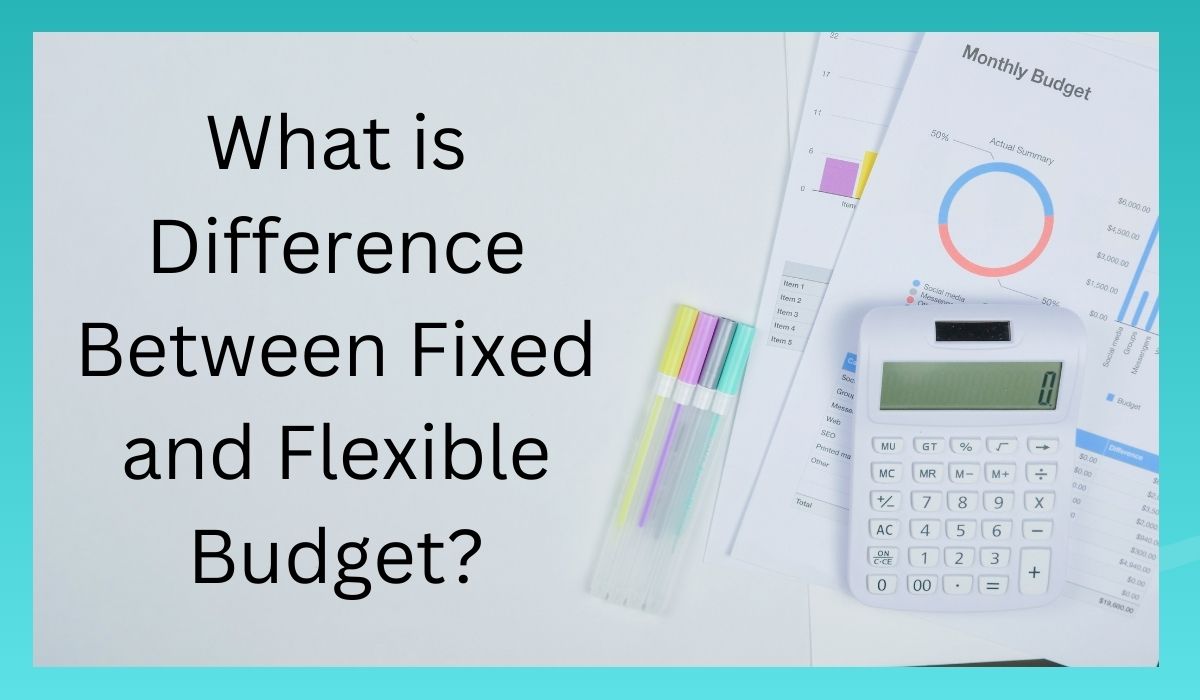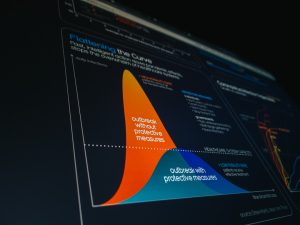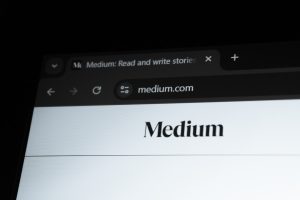
Budgeting is a fundamental aspect of financial management, whether it’s for personal finances, a business, or a project. Two common budgeting approaches are fixed budgets and flexible budgets. In this article, we’ll go through these two budgeting methods to help you grasp their nuances and make informed financial decisions.
What is a Fixed Budget?
A fixed budget, also known as a static or traditional budget, operates on a set plan with unchanging figures. It is designed based on specific, predetermined numbers, which remain fixed regardless of actual performance or changes in circumstances. Here’s a more detailed look at fixed budgets:
1. Inflexible Nature
Fixed budgets are rigid and inflexible. Once they are set, they remain unchanged throughout the budget period, even if circumstances change significantly.
2. Precise Planning
Fixed budgets involve the precise allocation of funds to various categories or expenses. For example, if a household allocates $500 for groceries each month, that amount remains the same, regardless of fluctuations in food prices or consumption.
3. Control and Accountability
Fixed budgets provide a high degree of control and accountability. They ensure that spending remains within predefined limits, which can be particularly beneficial for businesses aiming to closely monitor expenses.
4. Common Use
Fixed budgets are typically used in situations where expenses are relatively stable and well-known, such as for recurring bills or known project costs.
5. Advantages
The main advantage of fixed budgets is that they provide a clear spending plan and help maintain financial discipline. They are useful when there’s a need to allocate resources precisely.
What is Flexible Budget?
A flexible budget, also referred to as a variable budget, is designed to adapt to changing circumstances. Instead of fixed amounts, it establishes a range of acceptable spending for each category. Here’s a more detailed explanation of flexible budgets:
1. Adaptability
Flexible budgets are dynamic and can adjust to variations in income or expenses. This adaptability allows for better management in uncertain or variable situations.
2. Ranges and Variance Analysis
Flexible budgets express spending categories as ranges. For instance, if a business allocates $10,000 to $12,000 for marketing expenses, it means there’s room to spend anywhere within that range. Variance analysis is often used to compare actual expenses to the flexible budget range.
3. Versatility
Flexible budgets are versatile and suitable for situations where expenses can vary significantly. Businesses often use them to account for fluctuations in sales, production volumes, or market conditions.
4. Decision-Making Tool
Flexible budgets serve as a valuable decision-making tool. They provide a framework for adjusting spending in response to changing circumstances, helping organizations make timely and informed decisions.
5.Advantages
The primary advantage of flexible budgets is their ability to accommodate changes, making them highly relevant for businesses in industries with variable expenses.
Fixed Budget and Flexible Budget Difference Between
- Rigidity vs. Adaptability: The most significant difference is how fixed and flexible budgets handle changes. Fixed budgets stick to their initial plan, while flexible budgets can adjust to unforeseen circumstances.
- Precision vs. Versatility: Fixed budgets are precise but less adaptable. Flexible budgets offer versatility but can be less precise because they allow for a range of spending.
- Common Use: Fixed budgets are often used when expenses are well-known and stable, while flexible budgets are handy when expenses can vary.
- Control vs. Freedom: Fixed budgets give you more control over your spending, but flexible budgets offer more freedom to adjust as needed.
In simple terms, fixed budgets are like following a strict road map, and flexible budgets are like having a map with multiple routes to your destination. Both have their uses, and the choice between them depends on your specific financial situation and needs. Understanding these basic differences can help you make better budgeting decisions.
Choosing the Right Budgeting Approach
The choice between fixed and flexible budgets depends on the specific financial scenario and objectives. Fixed budgets offer control and precision, ideal for stable or predictable situations. In contrast, flexible budgets provide adaptability and versatility, making them valuable when dealing with uncertainties and variable expenses.
In conclusion, understanding the differences between fixed and flexible budgets empowers individuals and organizations to make budgeting choices that align with their financial goals and circumstances. Whether you opt for the rigidity of a fixed budget or the adaptability of a flexible budget, effective budgeting is a key component of financial success.








